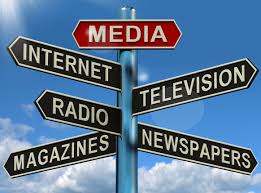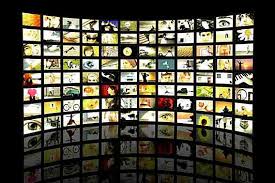Media the power full tool


Media is a one of the power full element in the world. In the 21st century media plays as a important role. media is become a need for the human being.It is become a part of human beings daily life. If one day Media is not available( that was a black day ) that time all works in the world will stop.Media is a good entertainment tool. After few years media takes Ist place for the basic needs of human being.
Water pollution

Media is a one of the power full element in the world. In the 21st century media plays as a important role. media is become a need for the human being.It is become a part of human beings daily life. If one day Media is not available( that was a black day ) that time all works in the world will stop.Media is a good entertainment tool. After few years media takes Ist place for the basic needs of human being.
Water pollution
Chemical water pollutants are generally atoms or molecules, which have been discharged into natural water bodies, usually by activities of humans. Common examples of such chemical water pollutants are mercury emanating from mining activity, certain nitrogen compounds used in agriculture, chlorinated organic molecules arising from sewage or water treatment plants or various acids which are the externalities of various manufacturing activities.Physical water pollutants are either (a) much larger particles or (b) physical factors such as temperature change, both of which while not typically toxic, cause a variety of harmful effects. The most obvious of physical pollutants are (a) excessive sediment load, mostly arising from over-intense land use practices and (b) rubbish discarded from human manufacturing activity (e.g. plastic bags, bottles). While these materials are not so harmful to human health as chemicals or pathogens, they comprise the majority of visual impact of water pollution. In the case of thermal pollution, these point source discharges typically affect the metabolism of aquatic fauna in adverse ways.
